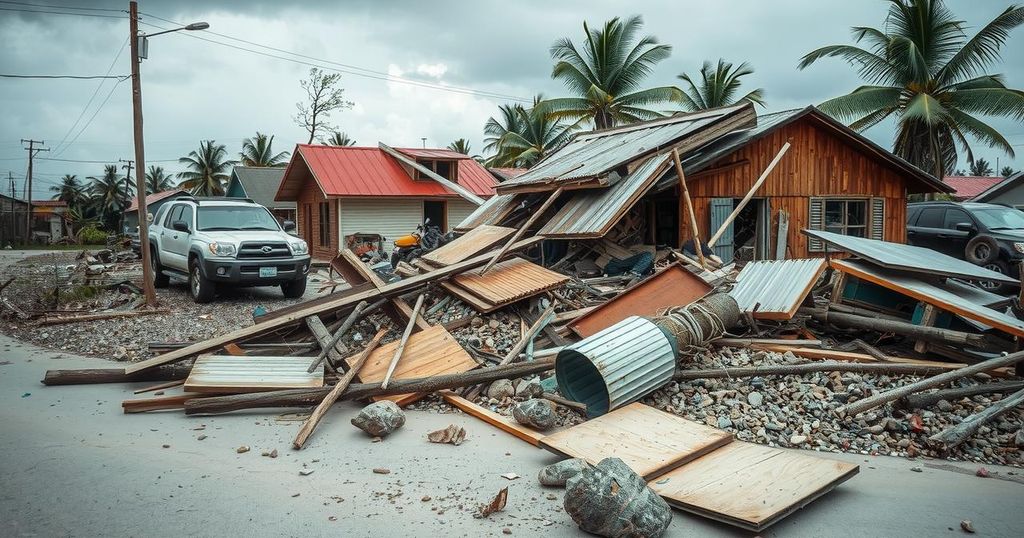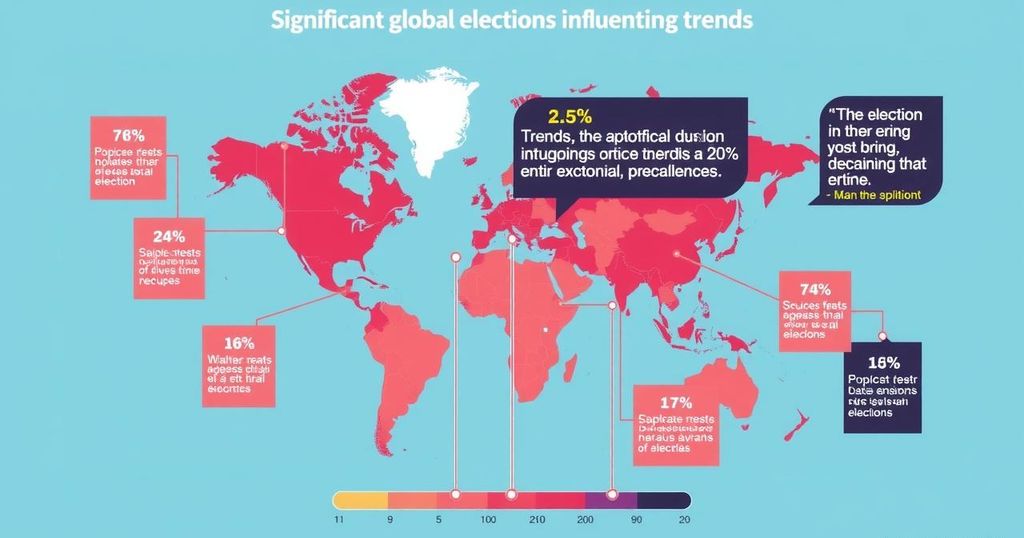Cyclone Chido’s Impact on Mozambique Leaves 94 Dead and Thousands Affected
Cyclone Chido has caused major devastation in Mozambique, resulting in 94 deaths and affecting over 622,000 people since December 15. The cyclone reached wind speeds of 260 km/h and has destroyed or damaged approximately 140,000 homes. Additionally, Malawi reported a rising death toll of 13, as the cyclone’s impact stretches across multiple nations in the region.
The recent impact of Cyclone Chido on Mozambique has escalated, with the latest reports indicating a death toll of 94 individuals. The cyclone, which made landfall on December 15 with wind speeds reaching 260 kilometers per hour, has caused widespread devastation across the region. Notably, it resulted in injuries to 768 people and affected approximately 622,000 others. The destruction includes around 140,000 homes, 52 health centers, 89 public facilities, and 250 educational institutions. Neighboring Malawi has also reported casualties, with 13 fatalities and 30 injuries alongside over 35,000 affected since the cyclone reached its shores on the same date. Cyclone Chido first devastated Mayotte before advancing to Mozambique, Malawi, and Zimbabwe, highlighting the severe consequences of climate-related events in vulnerable regions.
Cyclone Chido is a manifestation of increasing climate instability that disproportionately affects coastal and island communities. The cyclone first struck Mayotte, an island noted for its susceptibility to climatic changes, before traversing to the African continent. In Mozambique, where the storm’s intensity peaked, the effects have underscored existing vulnerabilities within the nation’s disaster management infrastructure and overall resilience to natural disasters. The extreme winds and rains from Chido have not only submerged homes but have also overwhelmed health and educational services, posing long-term challenges for recovery.
The devastation wrought by Cyclone Chido exemplifies the urgent need for robust disaster preparedness and response strategies in regions prone to extreme weather events. With rising death tolls and vast numbers of individuals affected, it is imperative that both local and international agencies mobilize resources for humanitarian assistance and structural rebuilding efforts. Continued monitoring of the climatic conditions and enhancing community resilience will be crucial for mitigating similar disasters in the future.
Original Source: www.aa.com.tr



Post Comment